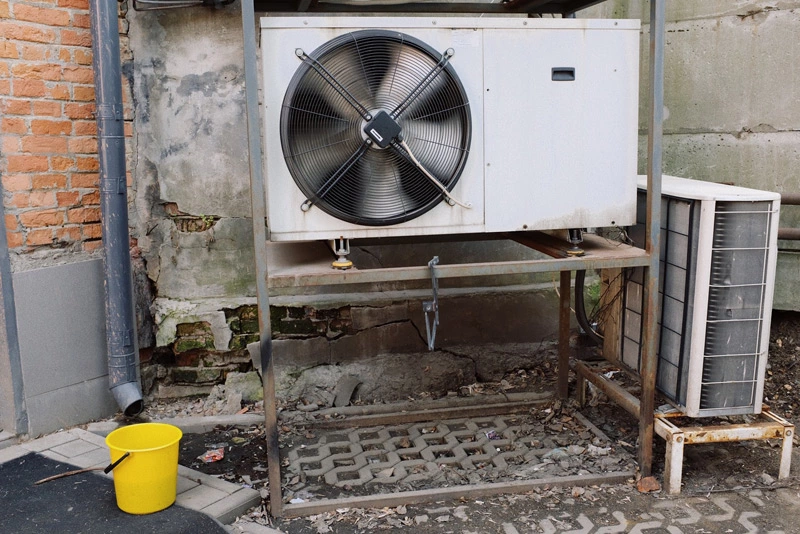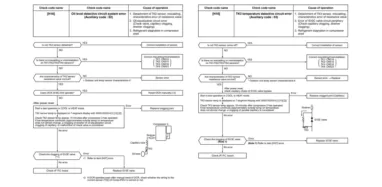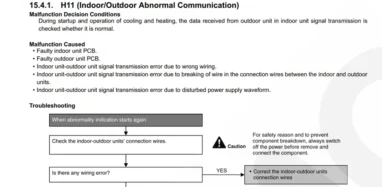HVAC engineers have a lot of fields and options to go for their careers. They can get employment in the plumbing, educational, and other sectors of HVAC. The research was made a couple of years back and it shows that more than 90% of HVAC engineers have their own business and work as self-employed. The main job of HVAC engineers is to repair, maintain, and fix the issues and malfunction of an air conditioner. If you are an HVAC engineer, you have the option to become a Chief Mechanical Engineer or HVAC Control Technician. Is HVAC a good career? Should you choose it for a living? Should it be ignored? These are some of the most common questions asked by people. This article will go through all the HVAC career pros and cons that will help you to get a better understanding.
Experts claim that this HVAC sector will grow rapidly and it is expected that this growth can go up to an increment of 15% before 2026. An increase in infrastructure activities and a growing population is one of the biggest reasons behind this growth. It is a clear indication that soon a time will come when the world will require plenty of HVAC engineers and we all know that there aren’t many. This is the best phase for people to switch to an HVAC career because it is the next top profession and career. This is a profession that allows you to have complete independence as you may not have a boss. You can pursue your career as a self-employed.
What is HVAC and what does an HVAC engineer do?

HVAC stands for Heating, Ventilation, Air Conditioning, and HVAC engineers usually spend all of their working days installing, repairing, and maintaining air conditioners and other indoor appliances that are related to their field.
If HVAC technicians were not here to help us out in the hour of need, it was never possible to have an air conditioner. They are one of the major reasons behind AC’s popularity. HVAC engineers work for a variety of places including schools, common households, offices, and all types of residential buildings.
HVAC engineers play an important and extremely effective role in the construction sector because they have the responsibility to install all kinds of HVAC systems. They have to make sure that their systems will work properly once the construction work is completed.
The job of an HVAC technician is of great importance because they not only help us to get our air conditioners installed in the right manner but also help to improve their performance and operations.
Pros of HVAC Career
When it comes to the advantages of an HVAC career, you may have to go through a long list. Below are some of the most prominent benefits of a good HVAC career.
- Low Student Debt
- No Shortage of Job Opportunities
- Only HVAC Engineers Can Deal With HVAC Systems
- Earn While Learning
Low Student Debt
One of the first benefits that come with choosing HVAC as your career is low student debt. Getting a graduate degree could be expensive and you may have to get a loan. Even if you get a loan for your degree, the huge amount takes years to be paid off once you complete your degree.
With HVAC as your career, this is not the case. As this degree usually takes less time and effort by the instructors, it is quite inexpensive. Also, you can start working just after getting your degree. This factor allows students to pay their debt in no time without any hassle.
No Shortage of Job opportunities
With the advancement of technologies, new HVAC systems are being introduced regularly. With each new technology, the world requires new HVAC engineers that can help them in time when they need their system to be installed, maintained, or repaired.
This factor ensures that there will always be a job opportunity for HVAC engineers. Also, if one doesn’t want to work under a boss, they can easily start their own business without any major investment.
Only HVAC Engineers Can Deal With HVAC System
The best thing about HVAC systems is that only an HVAC engineer can handle them. If there are issues with the system, people will only go for professional help instead of taking it as a DIY project.
Earn While Learning
If you choose to become an HVAC engineer, you will be given the training to learn skills and techniques. The training is given upon the completion of the degree and you are valued as an entry-level employee. During this phase of your learning process, you will be given about half of the salary that is given to the fully trained and employed HVAC technician.
Cons of HVAC Career
With plenty of benefits, there are a couple of disadvantages as well. These cons are briefly described below to give a complete overview of the HVAC career.
- Need To Travel A Lot
- Safety Concerns
- Working Site Can be Inconvenient
Need To Travel A Lot
There is not a single specific site on which you will provide your services. People will call you from their homes, offices, construction sites, and buildings whenever they want. This forces you to travel from one place to another regularly. Traveling could be difficult for people who are not of that type.
Safety Concerns
As we all know that HVAC systems and air conditioners are directly related to electricity. This factor decreases the probability of an HVAC career as a safe job. As an HVAC engineer, you may have to deal with safety issues and dangers such as electrical shocks, burns, and muscle strains.
Working Site Can be Inconvenient
This is not essential that you will always get to work indoors, there may come a time when you have to work in an outdoor location. This could be a lot more difficult on hot summer days. Sometimes you have to work on sites where sitting or even standing is not an easy job.
Curious to know is hvac a good career for mechanical engineers?


